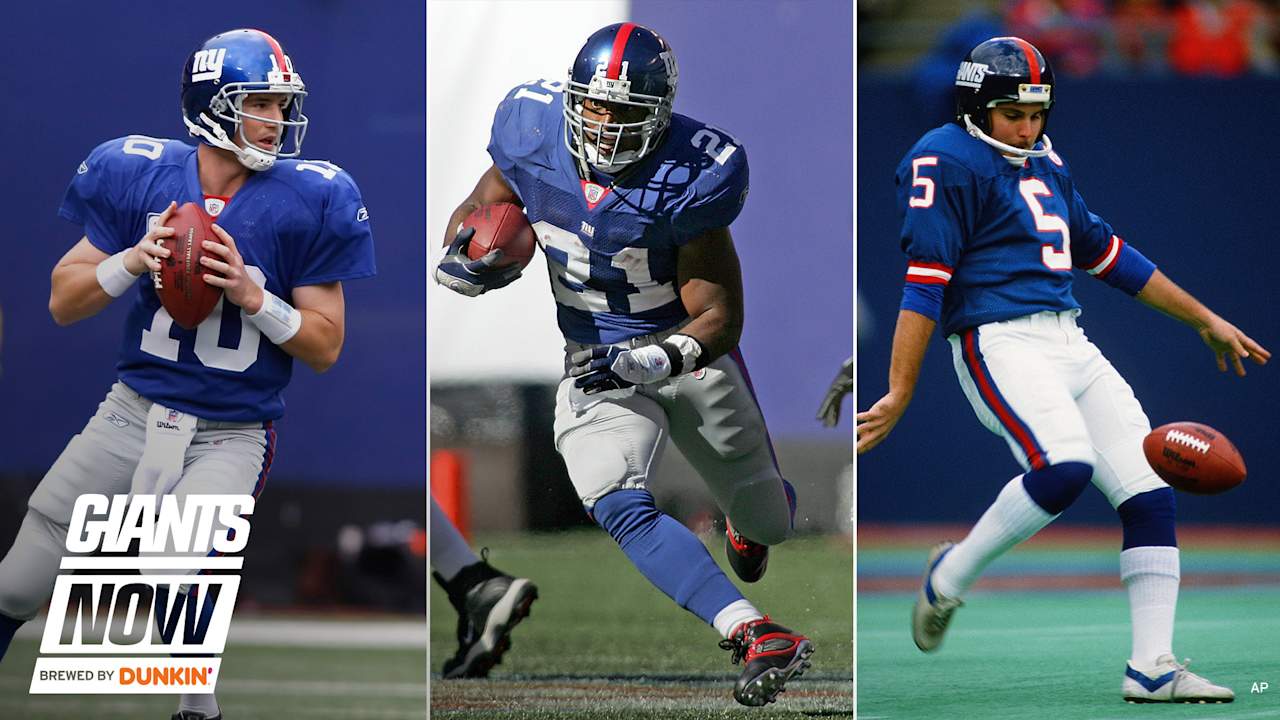After becoming super, Mario seems to have pulled the ladder up behind him. Our hometown blue-collar boy made it good in the Mushroom Kingdom’s highest strata, ditching the plumber’s gig for a plush life as Princess Peach’s royal favorite (whatever that may or may not entail). He and his bro are set for life, so it’s no surprise they remained silent after the Toadette debacle, where the real estate potentate came under fire for union-busting proclivities.
Just as the class betrayal of Nintendo’s biggest star seems complete, another hero swings in to stick up for the working person: DK — specifically DK in Donkey Kong Bananza. Well, mascot might be the more appropriate term over hero, since he doesn’t really do much other than eat bananas and punch a bunch of rocks. It’s the underground worlds he travels through that model a society built on more egalitarian principles.
Yes, doing a close reading of the story in a first-party Nintendo game is a strange exercise, and yes, it’s even stranger when considering this studio’s previous story (Super Mario Odyssey) was about three evil rabbits who wanted to plan a wedding. I didn’t make the rule of coincidence, though. I just follow it. And Bananza has a lot more than just two little coincidences about creating safe and equal spaces for workers.
The idea of fair workplace practices is practically a running theme throughout the whole of Bananza. In the fairly early-going Canyon Layer, for example, you can find a stone slab with some workplace reminders from the Sturdy Rope company, which ends with a line of text the broader games industry — among many others — could certainly learn from.
“Sturdy Rope: Because a safe, stable workplace is a happy workplace.”
Forest Layer’s Eggshell Hotel and surrounding village have similar handbook-style slabs, some with advice for how to create a good experience for guests, others with reminders that workers can only do that if they have the opportunity to practice self-care. Even Poppy Kong, if you challenge her to a fight in The Junction, says she refuses to work overtime unless she’s fairly compensated for it.
Hell, in one of the loading screen text blurbs, the game even tries to direct your enmity away from Void Kong’s grunts. The villain’s turnover rates were so high that he had to brainwash and press-gang the creatures of the underground into his service. If you’re going to be mad at someone, Bananza says, direct your anger toward the person who created the situation — not the ones going through it.
You can see the result of this more egalitarian view of life in the way most of Bananza’s layers are run. The snakes of Radiance Layer use their smarts and rare, valuable gems to create artificial lights that power the other layers. The Freezer Layer’s zebras spend their time making frozen treats that everyone loves. There’s surely a trade economy here — or maybe no one needs money, with all that gold lying around everywhere — but everyone seems content to just do good work and take care of themselves and each other.
Even all the elders who lead each little community gave up lives of business to embrace their love of music and deejaying. They still have a hand in their former ventures to keep things going and make sure everyone’s doing okay, but they’re happier than ever after pursuing something that matters to them. They stand in stark contrast to Void Kong and his hyperindividualism, his greed that drives him to steal other people’s resources, wreck communities, and make people as miserable as possible just to feed his own ego. Donkey Kong Bananza’s ending might come out of left field, but it also seems like a fitting end to Void Kong’s story. After living a life of selfish indulgence and making others miserable, the villain is swept aside into irrelevance by the forces his own greed helped create.
The point of the story is to get Pauline back home, but the dozens of little sub-messages throughout Bananza are pretty clear. If you want a better world for everyone, life and work have to be about more than just getting more — and it’s not the workers’ responsibility to make it all happen.
Source link



